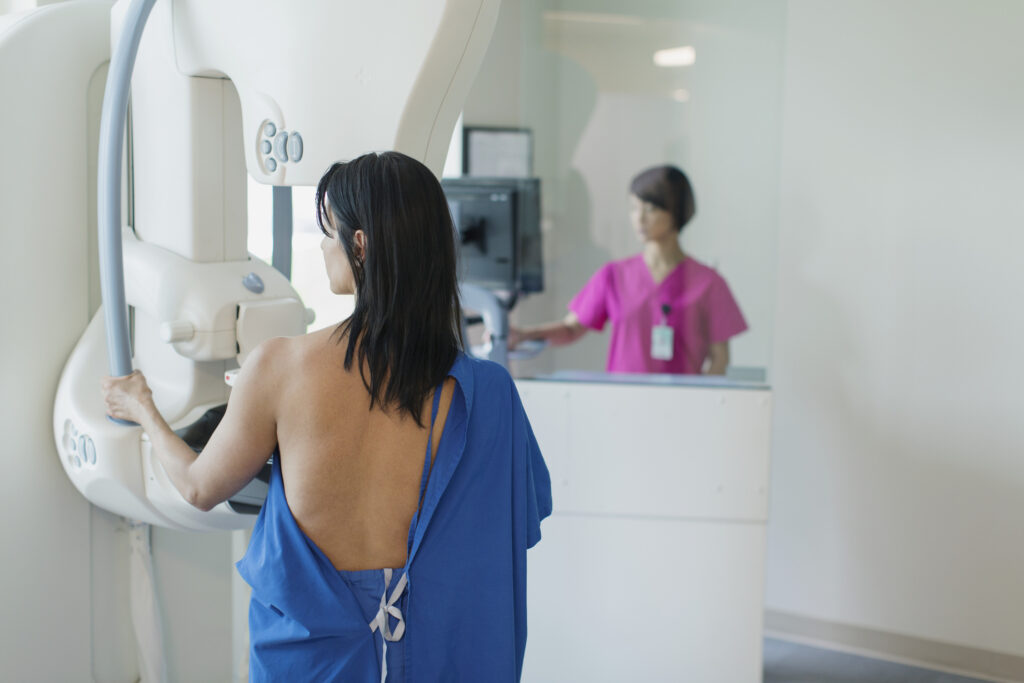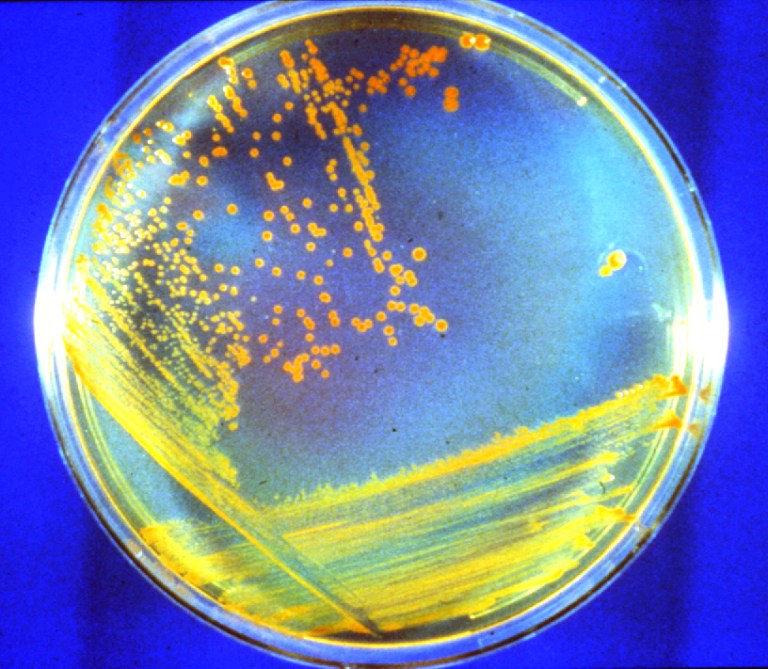The U.S. Preventive Services Task Force, an independent panel of experts in evidence-based and prevention medicine, released a new draft of recommendations this week encouraging all women to be screened for breast cancer every other year starting at age 40.
The updated guidelines are a response to “new and more inclusive science about breast cancer in people younger than 50,” as well as the alarmingly high breast cancer mortality rates among Black women.
“Black women are 40% more likely to die from breast cancer than white women if they get it,” Dr. Carol Mangione, the immediate past chair of the task force, said in a video statement. “They also are more likely to get more aggressive forms of breast cancer. So this recommendation is particularly critical for Black women.”
Widely influential with health care providers, the task force’s recommendations are “considered the gold standard,” per NPR. The new guidelines may expand access to screenings, as many doctors follow them and the Affordable Care Act already requires most private insurances to cover women’s preventive health care with no cost-sharing.
“If all women followed our new recommendation, we could reduce mortality from breast cancer in the U.S. by about 20%,” Mangione told the outlet. “That’s a big reduction in mortality from breast cancer.” The task force had previously recommended that all women age 50 and above receive biennial mammograms.
Mammograms, the most common form of screening for breast cancer, are also “the best tests doctors have to find breast cancer early, sometimes up to three years before it can be felt,” according to the Centers for Disease Control and Prevention. An X-ray picture of the breast, the procedure only takes a few minutes, during which time the patient will experience some pressure. “What you feel depends on the skill of the technologist, the size of your breasts, and how much they need to be pressed,” the agency explains.
In early March, the U.S. Food and Drug Administration set new guidelines specifically for procedures around mammograms. Citing statistics that show approximately half of women over age 40 have dense breast tissue, which has been identified as a risk factor for breast cancer, the FDA will require mammogram providers across the nation to notify women about the density of their breast tissue and recommend a consultation with a doctor regarding additional screening.
RELATED: How an Additional Pregnancy Scan Could Drastically Reduce Unexpected Breech Births: Study
“Just because you have dense breast tissue doesn’t mean you have breast cancer, and it doesn’t mean you’re going to get breast cancer,” Dr. Harold Burstein, a medical oncologist at the Dana-Farber Cancer Institute in Boston, emphasized to NBC News at the time. “But what it might mean is that you need some extra imaging.”
Presently, the U.S. Preventive Services Task Force does not have a recommendation regarding additional screening for women with dense breasts, citing a lack of evidence.
“Unfortunately, there is not yet enough evidence for the Task Force to recommend for or against additional screening with breast ultrasound or MRI,” the website explains. “We are urgently calling for more research on whether and how additional screening might help women with dense breasts find cancers earlier.” The organization is also calling for more research into how to best address disparities in health care.
Some women are eligible for free or low-cost breast cancer screenings through the CDC’s National Breast and Cervical Cancer Early Detection Program. Click here for more information.











